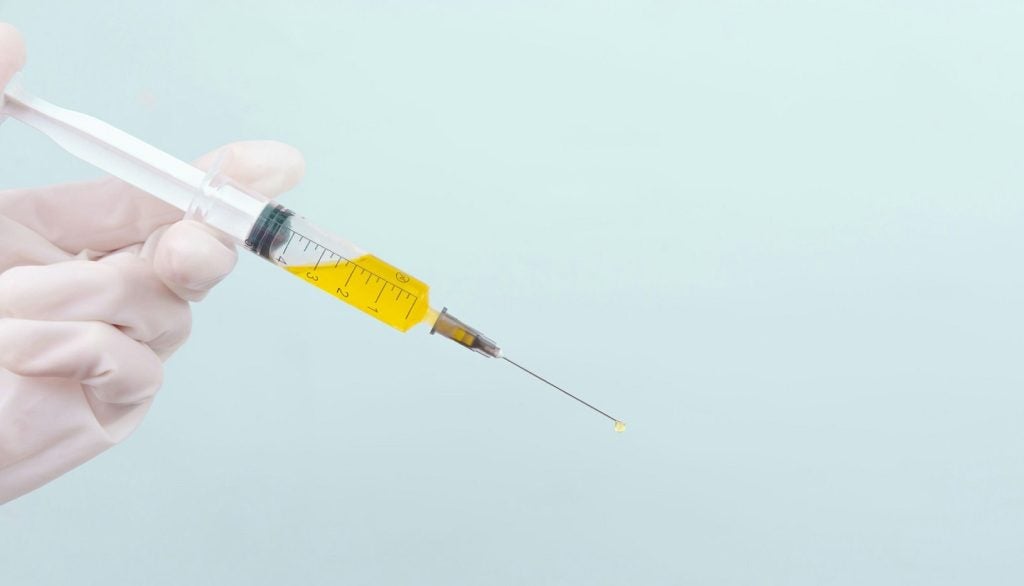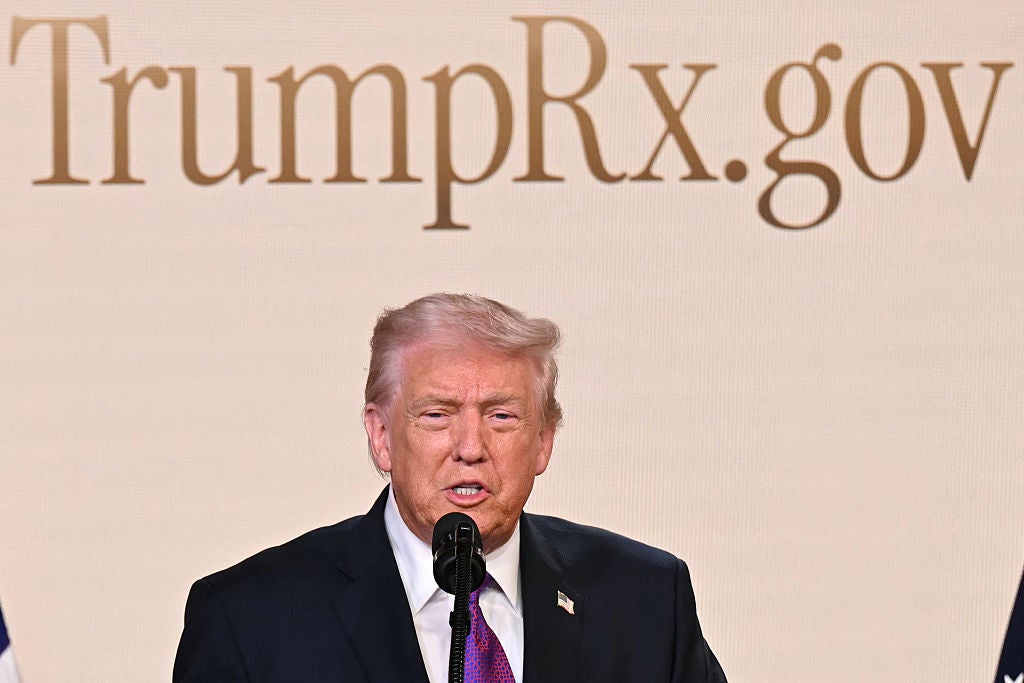AstraZeneca has closed the acquisition of Amolyt Pharma, a company specialising in treatments for rare endocrine diseases.
The deal between the parties was announced in March 2024.
AstraZeneca made a $1.05bn payment for all outstanding shares of Amolyt Pharma, free of cash and debt.
The transaction includes an upfront payment of $800m and an additional $250m contingent upon reaching a particular regulatory milestone.
The strategic move strengthens AstraZeneca's late-stage pipeline within its Alexion rare disease division and adds the investigational therapeutic peptide eneboparatide (AZP-3601) to its bone metabolism portfolio.
Eneboparatide is in Phase III development for hypoparathyroidism and binds to the parathyroid hormone (PTH) receptor with high affinity.
Hypoparathyroidism is a rare condition defined by PTH deficiency that results in low calcium and elevated levels of phosphorus in the blood.
Clinical manifestations of this condition impact tissues and organ systems, specifically kidneys and bone.
Eneboparatide is a subcutaneous parathyroid hormone receptor 1 agonist for the treatment of hypoparathyroidism.
Its therapeutic goals are to regulate serum calcium levels, manage hypoparathyroidism symptoms, reduce urine calcium excretion and potentially prevent kidney function decline and chronic kidney disease.
Its short plasma half-life may help normalise bone turnover and maintain bone health.
Another candidate in Amolyt’s pipeline is AZP-3813, a peptide growth hormone receptor antagonist being developed as a potential add-on to somatostatin analogues for the treatment of acromegaly, a condition associated with abnormally high secretion of growth hormone.
AstraZeneca’s rare disease portfolio generated $7.76bn in global sales in 2023, as reported in the company’s fourth-quarter financial reports.















